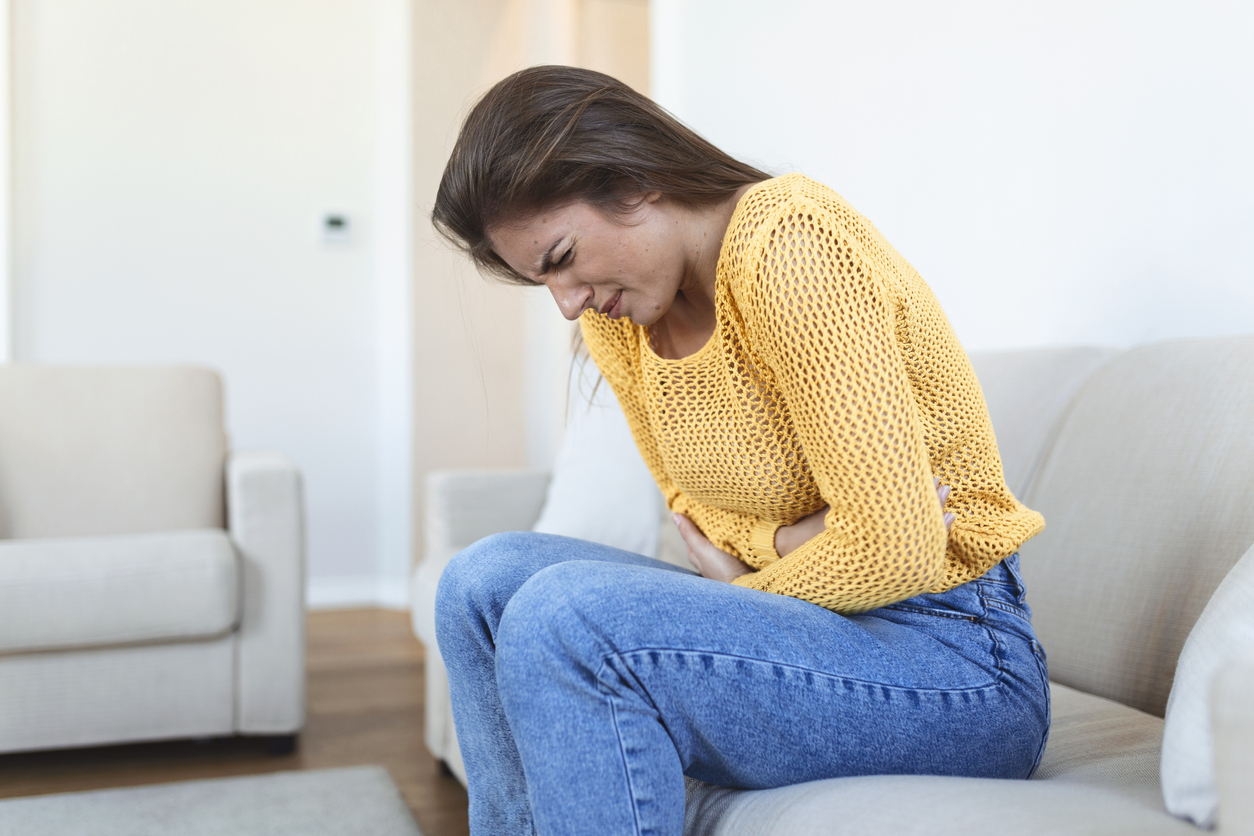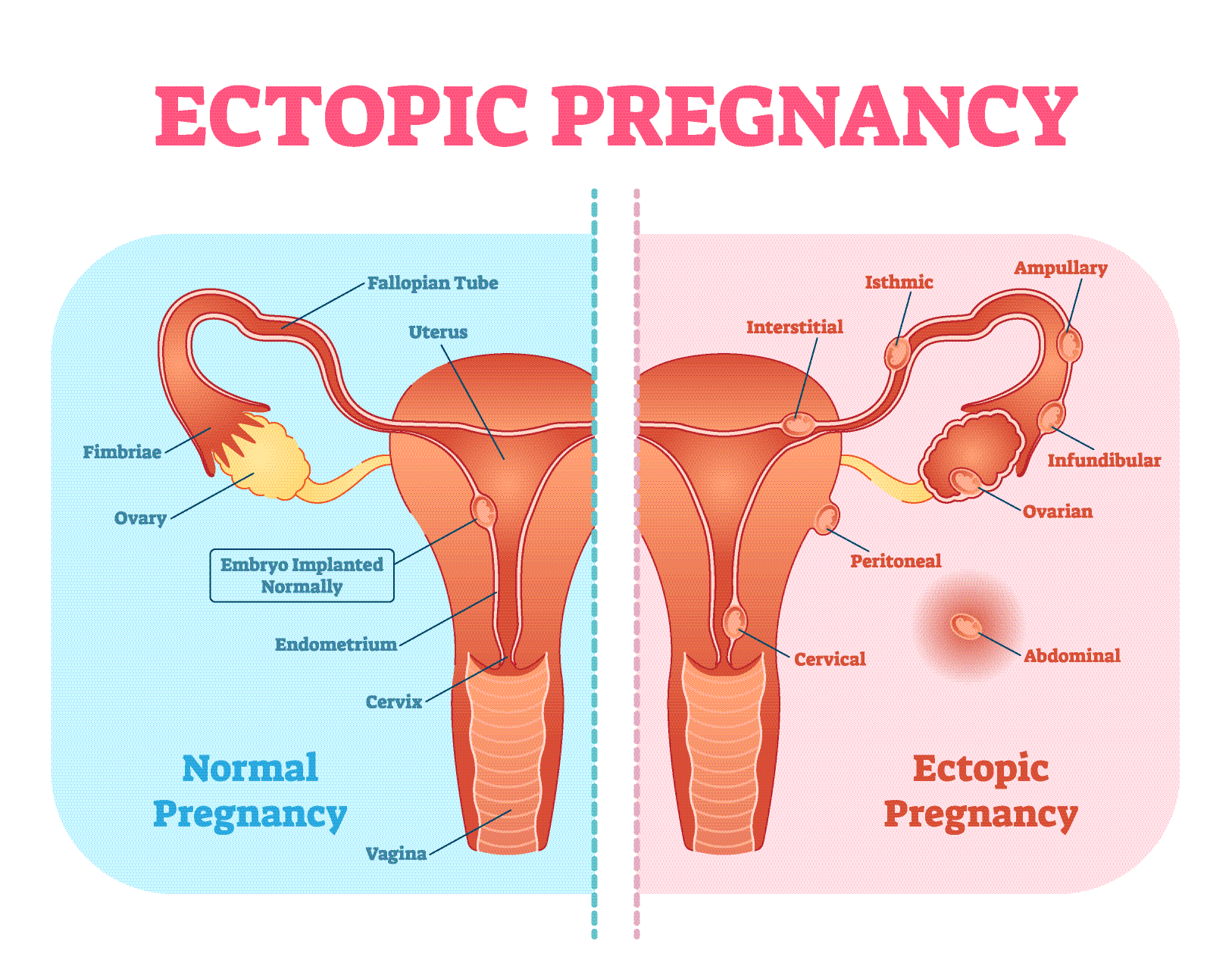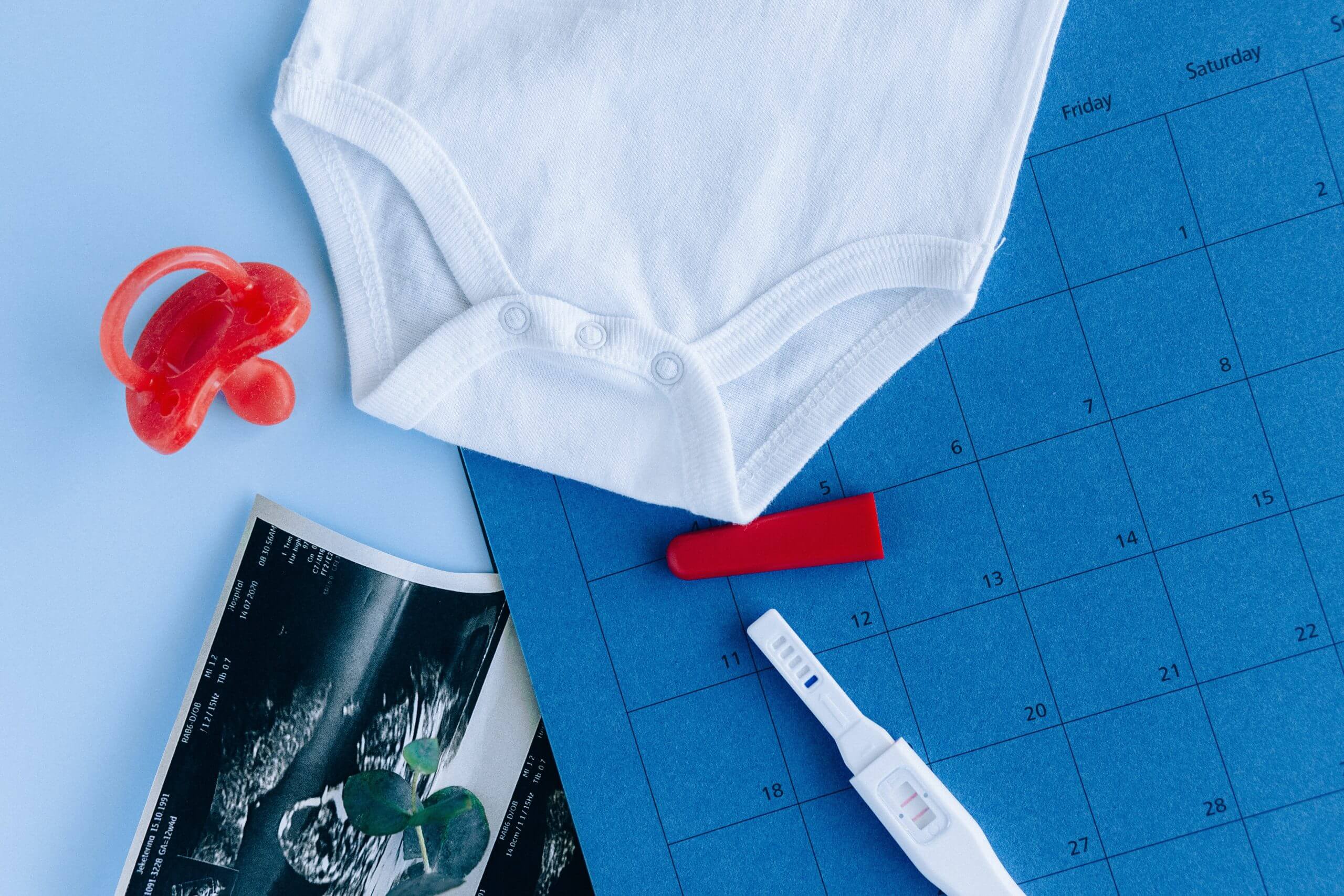You might have decided to become parents after some years of marriage because you wanted to be financially stable before starting a family. Now that you have finally made up your mind, you have to focus on how to conceive to increase your chances of getting pregnant.
If you think about your fertility only when you have your periods, you are not the only one. Many women like you don’t even know about the basics of conception and how to increase pregnancy chances at any age.
Your Chances of getting pregnant
On average, a 30 years old female has a 20% chance of getting pregnant every month. However, this may vary with different factors such as your overall physical health, sexual health, your emotional health, relationship with your partner, regularity of your period cycle, etc. A research study found the following average chances of getting pregnant among women:
| Sex timings about ovulation | Average pregnancy chances |
| 7 days before your ovulate | 3% |
| 6 days before you ovulate | 6% |
| 5 days before you ovulate | 9% |
| 4 days before you ovulate | 18% |
| 3 days before you ovulate | 27% |
| 2 days before you ovulate | 33% |
| 1 day before you ovulate | 42% |
| The ovulation day | 20% |
| 1 day following ovulation | 8% |
How many days after your period do you have the chance of getting pregnant?
Before we dive into the details of how to increase your chances of getting pregnant, let’s explore the duration during which you are most likely to conceive:
Take Advantage of Your Fertility Window
The menstrual cycle of most women comprises 28 days, so you have almost 6 days every month to get pregnant. Your ‘fertility window’ in those days of your menstrual cycle when you have maximum possible chances to conceive.
This fertile window depends on the duration of your menstrual cycle, as it varies from woman to woman. It starts from the day when your ovary releases an egg (ovulation) and five days before it. When you get involved in sex during this period, you have the highest chances of getting pregnant.
A research study summarizes an average menstrual cycle and your likelihood of being fertile at each menstrual cycle stage in the following table:
| Your menstrual cycle days | Stage of menstruation period | Fertility stage |
| Day 1 to 7 | Menstruation | This is the least fertile period |
| Day 8 to 9 | After menstruation | Possibility of conception |
| Day 10 to 14 | Days when ovulation takes place | Maximum fertility |
| Day 15 to 16 | After ovulation | Possibility of conception |
| Day 17 to 28 | Uterine lining thickens | Low fertility, fewer chances of conception |
Effective ways to increase your chances of getting pregnant
Here are some effective ways that can help you improve your chances of getting pregnant:
Keep track of your menstrual cycle frequency and ovulation signs
The first day of your menstruation marks the start of your new menstrual cycle each month. You should record your menstrual cycle and the daily symptoms you experience during this period. This helps you to understand your body and how it responds to changes in a better way. Moreover, tracking the symptoms, such as changes in your mood, cervical mucous, or sex drive, helps identify the patterns you experience across your menstrual cycle.
Other signs of ovulation can be:
- Mild cramps in your lower abdomen
- Increase in your sex drive
- A slight increase in your basal body temperature
- Your vaginal discharge is more slippery, wet, and clearer, just like egg white
You can start tracking and recording in a journal the symptoms and changes from day 1 of your menstruation. You can also use technology to record that on the go, such as mobile applications.
Have frequent intercourse throughout your fertile window
Most couples want to know how often they should have intercourse to increase the chances of getting pregnant. The answer depends on the preferences of the couple as well as on their physical and sexual health. Generally, couples who do intercourse/ sex daily or every other day, especially during the woman’s fertile window, are highly likely to conceive.
Additionally, doctors recommend that you stick with doing sex just once a day during your fertile window. If this is not possible for you and your partner, then you should set your timings to have intercourse across your menstrual cycle, especially during the period of fertility window.
Don’t get up instantly after having sex
If you stand up or go to the bathroom immediately after having intercourse, it will not let sperms reach their destination in your ovary. So you should better lay down for about 15-20 minutes after having sex. This helps to move the sperm to its target, increasing your chances of getting pregnant.
Adopt a healthy lifestyle
Do regular exercise, take a healthy and nutritious diet, including fresh veggies and fruits, and maintain a healthy body weight. Limit your intake of alcohol, and restrict smoking, tobacco, and caffeine intake as they negatively impact your fertility and the development of a healthy fetus. Moreover, try to reduce stress and anxiety in your life because they may also contribute to reducing your fertility.
Rule out any medical conditions
Before you do anything else, it’s important that you rule out or get treatment for any medical conditions that you or your partner may have. Both males and females trying to conceive should get their complete medical checkups and tests to rule out the possibility of medical conditions that may reduce the chances of getting pregnant.
Wrapping Up
Irregular menstrual cycles can adversely impact your chances of getting conceived. You should visit your doctor to get advice and regulate your periods. If you follow the methods mentioned above and see your doctor to do preconception planning and treatment if needed, you will likely increase your chances of getting pregnant.






